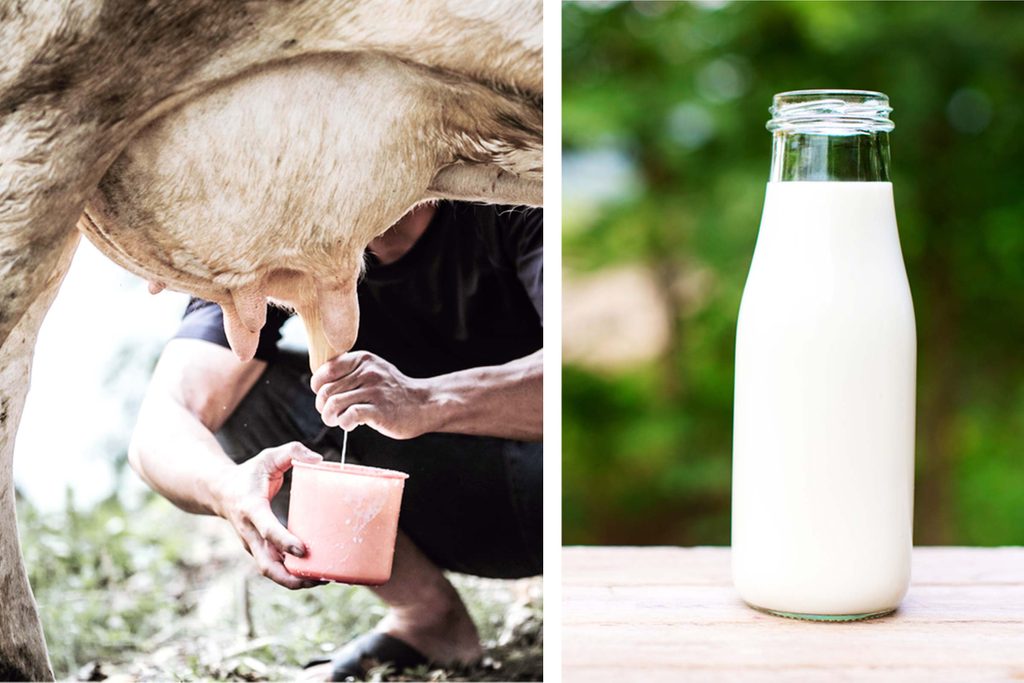The Very Real Dangers of Raw Milk
Updated: Oct. 08, 2018
The natural food movement has made local farm-fresh foods readily available, but raw dairy does carry risks.

Raw milk is all the rage, with some nutritionists claiming the body digests it better. That’s a myth, according to the Centers for Disease Control and Prevention. (Here are some more myths about dairy.) The Food and Drug Administration actually prohibits the sale of raw milk for human consumption, and its reasoning seems sound: According to new research, unpasteurized milk—and cheese made from it—are responsible for nearly all dairy-caused food-borne illnesses.
Although the feds recommend a ban on raw milk products, individual states can still allow them to be sold, and at least 38 of them do, which is why you might see unpasteurized dairy—be it from a cow, sheep, or goat—at farmers’ markets or on the shelves of health-food stores. The new study, published in the journal Emerging Infectious Diseases, analyzed outbreak data from 2009 to 2014. The researchers tracked 87 outbreaks of food poisoning involving nasty bacteria like E. coli, salmonella, campylobacter, and listeria. They found that raw milk and cheese were responsible for 96 percent of all illnesses. On average, the raw dairy triggered 760 cases of food poisoning per year, and about 22 cases required hospitalization.
“Consumer demand for organic and natural foods … has been on the rise. However, in contrast to some perceptions, natural food products are not necessarily safer than conventional ones, as evidenced by higher rates of food-borne illnesses associated with unpasteurized dairy products,” write the study authors.
While raw milk advocates claim it’s a beneficial source of bacteria, natural vitamins, and good enzymes, the CDC doesn’t support such claims, stating: “There are no health benefits from drinking raw milk that cannot be obtained from drinking pasteurized milk that is free of disease-causing bacteria. The process of pasteurization of milk has never been found to be the cause of chronic diseases, allergies, or developmental or behavioral problems.”
